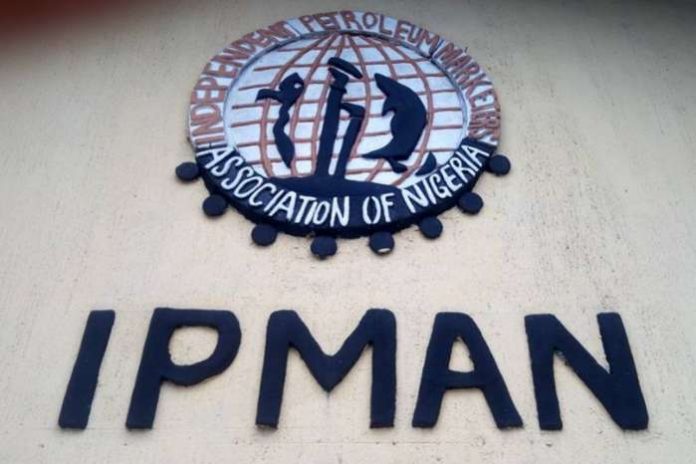The Independent Petroleum Marketers Association of Nigeria (IPMAN) has linked the recent decline in the pump price of Premium Motor Spirit (PMS), commonly known as petrol, to heightened competition between Nigeria’s two major refineries—Dangote Refinery and the Nigerian National Petroleum Corporation (NNPC) Limited.
Reports revealed that many petrol stations have reduced pump prices, responding to lower ex-depot rates offered by Dangote Refinery and the Port Harcourt Refinery.
For instance, NNPC Retail decreased its price from ₦1,030 to ₦965 per litre, while other retailers like AA Rano and AYM Shafa reduced their prices from ₦1,070 to ₦1,020 per litre.
However, Conoil maintained its pump price at ₦1,090 per litre, unchanged since November.
According to IPMAN’s Public Relations Officer, Chief Chinedu Ukadike, the availability of PMS and the competitive pricing strategies of NNPC and Dangote Refinery have contributed significantly to the price reduction.
“This is a positive development for both independent marketers and consumers,” Ukadike stated.
“Usually, prices rise during this period due to increased demand, but now the reverse is happening.
“Availability has improved, and we are witnessing a price war between NNPC and Dangote.”
He added that the situation would likely become more dynamic in 2025 when the Warri and Kaduna refineries are expected to begin operations.
Ukadike explained that independent marketers are now benefiting from direct purchases from refineries, which has enhanced their turnover.
“When prices were around ₦1,300 per litre, many marketers struggled to sell even 5,000 litres daily. But with the current prices, sales have significantly improved.”
He also noted changes in bulk purchase requirements.
Dangote Refinery, which initially set a minimum of 10 million litres for purchases, has now reduced this threshold to 2 million litres, making it easier for independent marketers to pool resources and place orders.
Additionally, the commencement of operations at the Port Harcourt and Dangote refineries is expected to impact Nigeria’s foreign exchange market positively.
These refineries boast capacities of 560,000 barrels per day (bpd) and 60,000 bpd, respectively, reducing the nation’s reliance on imported petroleum products.
Dr. Muda Yusuf, Director/CEO of the Centre for the Promotion of Private Enterprise (CPPE), expressed optimism, stating that the import substitution effect of the refineries could ease forex demand pressures and bolster the economy.
